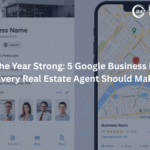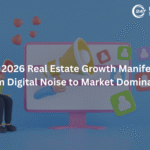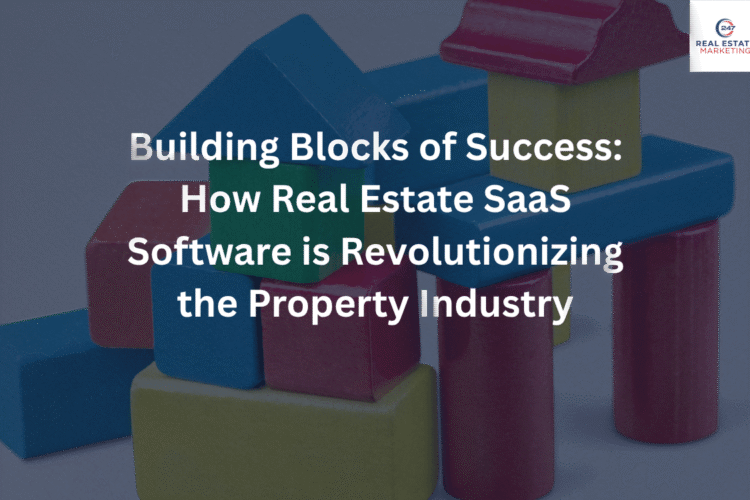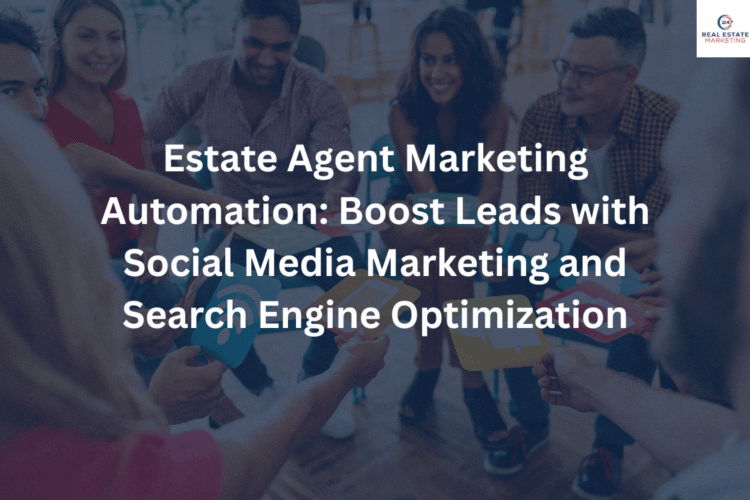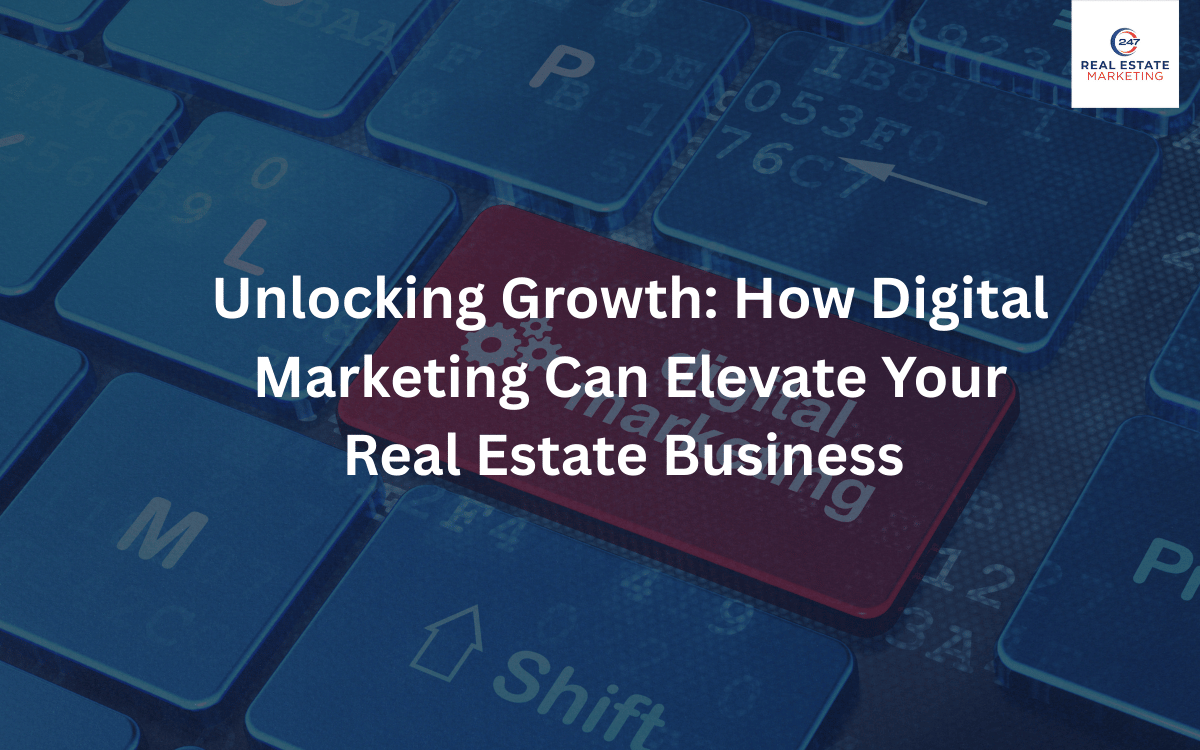
In the highly competitive world of real estate, merely listing properties isn’t enough to capture attention anymore. As more buyers and investors shift their focus to online channels when searching for property opportunities, adopting a well-crafted digital marketing strategy has become crucial. Beyond just increasing your online presence, it helps establish credibility, attract high-quality leads, and accelerate sales. Let’s delve into how leveraging modern digital marketing techniques can transform your real estate business and set you apart from the competition.
Understanding the Shift Toward Digital in Real Estate
Over the past decade, the real estate industry has undergone a profound digital transformation. Traditional marketing methods like newspaper ads or flyers have given way to sophisticated online campaigns that target potential clients more accurately and efficiently. Buyers and sellers expect real-time responses, virtual property tours, and tailored content that addresses their needs directly.
One of the biggest game-changers in real estate marketing is marketing automation. This technology enables agencies to manage repetitive tasks like sending follow-up emails or posting social content automatically, freeing up valuable time while ensuring no lead goes unnoticed. By setting up automated workflows, estate agents can nurture leads systematically, from the first inquiry all the way to closing the deal, ensuring a seamless and professional experience for clients.
The Power of Social Media Marketing in Real Estate
Social media platforms such as Facebook, Instagram, and LinkedIn have become indispensable tools in real estate promotion. They enable you to showcase property listings, share success stories, and interact with your audience in real-time. What makes social media marketing particularly effective for estate agents is the ability to engage directly with a highly targeted audience.
Take Instagram, for example its visual-first nature makes it perfect for showcasing high-quality images, virtual tours, and behind-the-scenes content. Similarly, LinkedIn offers a professional environment ideal for promoting commercial property listings and building credibility among investors.
Beyond simply posting content, using social media marketing strategically allows you to create highly targeted advertising campaigns. Through geo-targeting and behavior-based targeting, you can reach potential buyers, investors, or tenants who are actively searching for properties in specific areas. An estate agency promoting luxury homes in London, for example, can target high-net-worth individuals within a precise radius, ensuring every advertising pound is well spent.
Creating Content that Builds Trust and Authority
The real estate market thrives on trust. People want to work with agencies that demonstrate expertise, market knowledge, and a proven track record. One of the most effective ways to build this trust online is through consistent, valuable content.
Rather than focusing solely on property listings, leading agencies create content that addresses the needs and pain points of their audience. This includes publishing local market reports, explaining buying or selling processes, and showcasing customer testimonials. For instance, a blog post about “How to Navigate Property Taxes in [Your Area]” or “Top 5 Neighborhoods for Families in [City]” positions your agency as an authority, helping prospects find you when they search for real estate advice.
Interactive content further boosts engagement. Polls about market sentiment, Q&A sessions with real estate experts, and live virtual open house events encourage interaction while providing value to your audience.
Leveraging Pay Per Click Management for Instant Results
While organic reach is important for long-term brand building, real estate agencies often need quick results, especially when promoting new property listings or time-sensitive offers. This is where pay per click (PPC) management comes in.
PPC allows you to place ads on search engines like Google or platforms like Facebook, paying only when someone clicks your ad. The key advantage is control: you can set your budget, target audience, and campaign objectives precisely. For example, if you have just listed a prime commercial property, you can run PPC ads targeting local business owners and investors searching for office space.
Expert PPC management ensures that your campaigns are continuously monitored and optimized. From choosing the right keywords to writing compelling ad copy, a well-managed PPC strategy drives high-quality traffic to your site and increases the chances of lead conversion without wasting ad spend.
The Role of Virtual Tours and Digital Brochures
In an increasingly digital-first world, potential buyers expect to preview properties online before committing to a physical visit. Virtual tours have emerged as a powerful tool to meet this demand, giving prospects an immersive experience that showcases every corner of a property.
Complemented by well-designed digital brochures, virtual tours provide comprehensive property information in a visually appealing format. These tools are particularly useful for busy investors or buyers relocating from other areas, who might not be able to visit in person immediately but want a clear sense of the property’s features and layout.
Such high-quality digital assets not only boost user engagement but also improve search engine ranking, contributing to your long-term visibility in competitive real estate markets.
Building a Data-Driven Strategy for Growth
One of the greatest benefits of digital marketing is the ability to track every interaction, allowing you to analyze which campaigns perform best and where improvements are needed. Data-driven strategies enable real estate businesses to focus their efforts where they deliver the highest ROI.
For example, analytics from social media platforms and PPC campaigns help identify the most engaged audience segments, the best-performing types of content, and peak times for posting. By continuously adjusting your strategy based on these insights, your agency stays ahead of the curve and improves its ability to attract qualified leads consistently.
Conclusion: Future-Proof Your Estate Agency
As the property market becomes more digital and competitive, estate agents must embrace modern digital marketing strategies to thrive. From marketing automation that streamlines lead management, to strategic social media marketing and expert pay per click management, every component plays a critical role in building visibility, generating leads, and closing deals.
By investing in high-quality content, leveraging virtual tools, and embracing a data-driven approach, your agency can not only attract new clients but also build lasting relationships in your local market. The future of real estate marketing is digital, and the time to act is now.



